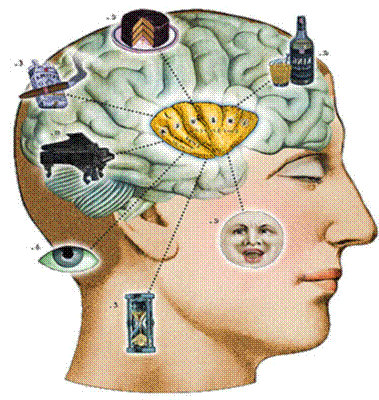Jeremy Cooperstock studies human-computer interactions in an effort to augment environmental awareness for the blind community, treat lazy eye syndrome, and train medical and music students, among other endeavors. As an associate professor of the department of electrical and computer engineering and director of McGill’s Shared Reality Lab, he was just one of many distinguished speakers to address the undergraduate community at the Student Association of Cognitive Science’s (SACS) fifth Annual Cognitive Science Research Day on Nov. 13.
“Cooperstock’s presentation covered some of the lab’s latest research,” said secretary of SACS Ponarina Aleksandra. “[He discussed] music lessons facilitated by computer mediated human-to-human interaction and a fascinating computer generated surface that appears indistinguishable from real snow, ice, and even ocean waves.”
The event also included talks from other professors within the department, including associate professor and neurologist Lesley Fellows, and Kristine Onishi, who teaches child development (PSYC 304). Fellows focused her presentation on describing the use of brain lesion studies to gain insight into the inner workings of the frontal lobe and valuation (decision making) systems. It was clear that the audience was intrigued with her research and made eager use of the opportunity to ask questions.
Onishi focused on exploring the way infants understand the world. She presented various studies to address two major questions: what and how do infants know about the sound structure of their own language, and do infants have a bias for speech sounds over other sounds?
Morgan Sonderegger, associate professor of linguistics, also attended the event. Sonderegger presented an overview of the varying stability of sound systems within individuals and communities. He used the television show “Big Brother” to complete this research.
The purpose of Cognitive Science (CogSci) Research Day was to draw awareness to the work conducted by professors at McGill University that relate to the field of cognitive science—this includes computer science, psychology, neuroscience, linguistics, and philosophy, or will connect ideas between those topics.
“[We wanted to] allow undergraduate students to explore the potential fields that their studies can lead to and encourage students to engage with professors outside of the lecture halls,” VP academic of SACS Nicole Lai said.
The SACS council selected researchers that fit into the program’s interdisciplinary profile. “Since the council is comprised of students with interests spanning many disciplines, we were able to come up with a list of researchers [based on the professors we knew],” said Guido Guberman, a neuroscience stream representative.
“My favourite part of Research Day would be the question and answer periods after each professor gave their talk,” Lai said. “The conversations and interactions between the professors and the students was the main purpose of the conference, so these sessions were what I think most of the students attending were coming for.”
“[These sessions] were the most helpful part of Research Day since it allowed students to pose their own questions about current research,” Lai said. “It serves as a good starting point for students to decide what kind of research they would eventually like to pursue.”







